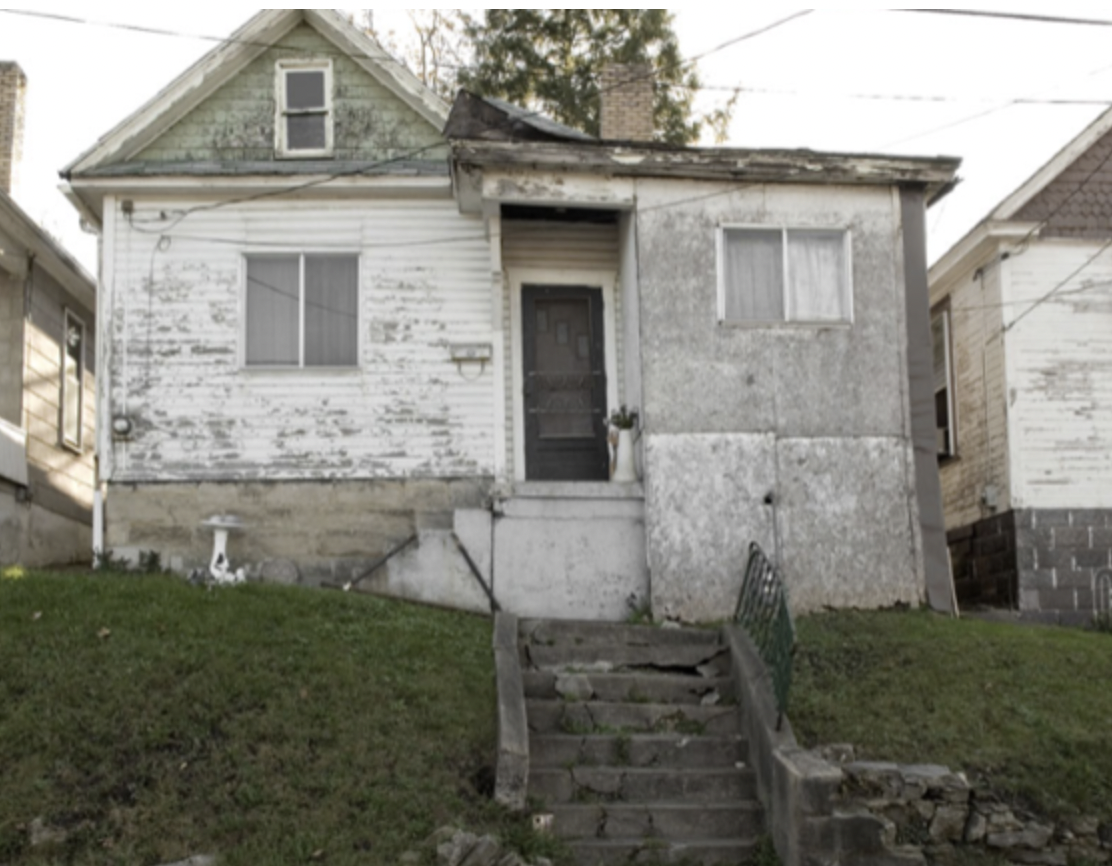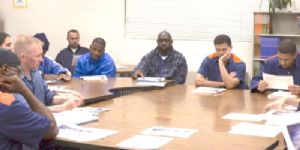 Kids are being taught in school today that everyone is racist—they claim we don't even know it, but we are all definitely racists. Personally, I hate that kind of thinking. It is a dangerous message. If people believe they are racist, they then have the propensity to forgive themselves for racist thoughts, ideals, and actions.
Kids are being taught in school today that everyone is racist—they claim we don't even know it, but we are all definitely racists. Personally, I hate that kind of thinking. It is a dangerous message. If people believe they are racist, they then have the propensity to forgive themselves for racist thoughts, ideals, and actions.
Nope. Not going to do that. I have lots of friends who are white and who are black. I've never heard a racist remark from any of them. They all have friends in various communities of color and think nothing of it. Yet these kids' teachers insist we don't know our own minds. Well, thanks, but no thanks.
The big divider Jim and I have witnessed is not skin color. It is poverty. Are there racists? Sure. But if we turn our attention away from stupidity and focus on raising the income level in our poorest neighborhoods, we can dramatically and favorably reduce poverty and impact lives. When young men are able to get good jobs, they can support and maintain a family. When single moms can find jobs that pay enough to forsake government assistance, they can become self-sufficient and raise self-sufficient children who may develop a map of self-sufficiency that may end generational poverty in their families.
The Declining Significance of Race came out in 1978. It is a book written by William Julius Wilson, a Harvard University professor and an author on the subject of urban sociology. He posited some of those thoughts and immediately came under harsh criticism. Even though he is black, and grew up in poverty, the concept of a reduction in racism was so controversial he was roundly condemned.
Admittedly, Wilson was probably ahead of the curve, but he was born in 1935—just think how the world had changed by 1978 when he wrote the book. Consider just the number of black-centered television shows in the 70s. Hits like Good Times, Sanford and Son, The Jeffersons, and What's Happening? all brought black culture and humor into millions of homes and offered up a slice of life not all that different from families of any other skin color in the U.S. To him, there had definitely been a decline in the significance (and the dividing power) of race.
Does poverty and blackness go together? Of course not. Two-thirds of those in poverty are white. My friend's law firm here in the 90s couldn't even keep a black attorney, because they were in such demand they would be hired away by firms in Chicago or New York at salaries a local firm couldn't match. Since the 1890s, during which Madam Walker became the first black millionaire here, there have been wealthy blacks in every strata of professional life in Indianapolis. We just need more of them.
People say, "There will always be racism, whites who don't like blacks and blacks who don't like whites." True. Jesus said there will always be the poor, I think if He were commenting on racism, though, he might say "there will always be the stupid." But the world is changing. I believe a powerful shift is becoming obvious to those who work in poor urban areas. Many are starting to think that poverty really is the bigger problem and that financial security provides a powerful shield against any racism that does exist.
Who knows? Someday, when we are all a lovely shade of carmel, there will be no racism at all. Unfortunately, the human race will find hatred in some other issue, but until then, we at UNITE INDY will fight poverty.
Together we can do much,
Nancy








